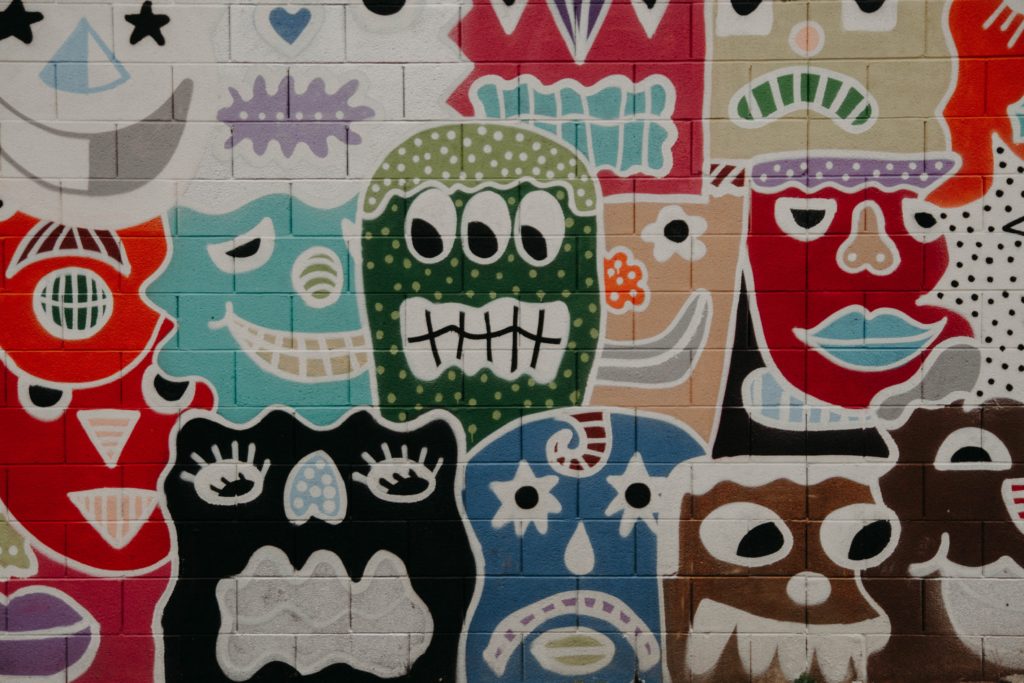While writing my own book, I’ve come to notice that story is often organically born out of the interaction between characters and the world they inhabit. I would have lined out a plot, with plotpoint after plotpoint. Then while actually writing it I would realize that after plotpoint A a certain character is not actually already in the right mindset for his action in plotpoint B, so the journey from A to B is actually where the story takes place. A happened, and that leads to B, but how? By describing my characters justification for his action, his reasoning and his logic, I found that this change inside the character really is the force that drives the story forward.
That observation made me think about how characters are not just simply part of a story, but story emerges out of the characters.
Or put even better: out of the interaction between characters and the world they inhabit.
A character, I think, is a bundle of actions with which they attempt to affect the world around them and of reactions to influences of the outside world on them. Each (re-)action needs a believable justification. Why out of almost infinite ways they could behave at a certain point in the story, they choose the exact action, they commit? Everything that happened in the story before this moment, had better explain this. The journey from who they were in the past to who they are at the moment they decide to take the action, is the story. Then of course, one could pose the question why they were how they were in the past. There is a story explaining that as well and one could drag this game out into eternity.
Leo Tolstoy once set out to write a book to explain the actions of the people during the Decembrist Revolt in 1825. In his search of where to begin the story to properly explain the sentiment and reasoning around this event, he went further into the past. Eventually his War and Peace revolved around the Napoleonic Wars from 1803 until 1812, ending the book 13 years before the Revolt and only the epilogue hinting at it.
It works the other way around as well. Each action or event happening to the character creates consequences. Consequences providing new experiences, driving the story forward by changing the character and serve as explanation of the next action the character takes.
In the real world this flow of action and reaction never really ends and – if you discount the Big Bang – never really starts. As storytellers it is up to us to structure the story, so that it has the right beginning and the fitting end. We have to sort out which of the justifications are making up the flow of experiences in the story, and which we use as rigid background information of the character.
Thinking about story as it is born from characters does automatically ensure, that you have well rounded characters and that you have a relatable story at hand, since you have to know your character’s inner motivations, doubts, fears and conflict and ego. Through that you have a human story, we all can relate to. Lastly, it provides you with a stable base for your world-building. By explaining each and every step your characters take, you simply cannot circumvent the institutional, social and cultural framework, within which the psychological journey of the character takes place.
However, this approach of getting an organic story out of the character’s actions, is not enough to ensure it’s a good story. Simply listing the CV of the characters and reciting the workings of the world, does not really intrigue any listener. To structure the story, to find a satisfying rhythm in the flow of actions and reactions and to control the pace at which information is revealed all pose a real challenge to the writers.

Pingback: Dr. Strange in the Multiverse of Madness – A Spectacle with Heart – Story Structure
I learned something. Thank you!
I used to be able to find good information from your blog articles.
Hi! So glad to hear that. I took something of a break, but more interesting content will be coming soon!